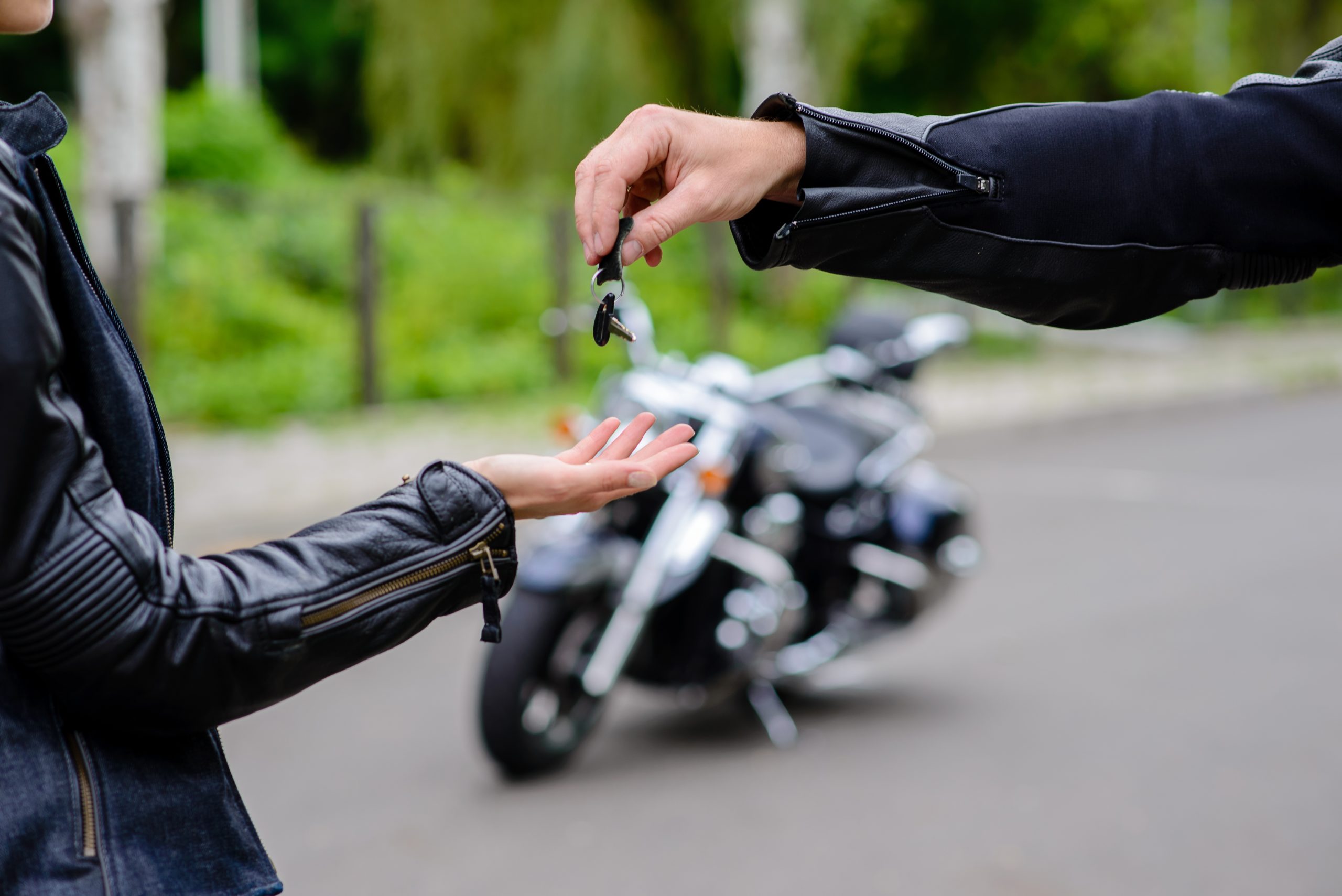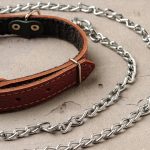People who ride motorcycles enjoy the feel of the open road. However, if you want to drive a motorcycle then at some point you will need to buy or lease one. While many new motorcycles are inexpensive, getting the same type used saves money. Unfortunately, as with used cars the process of buying a used motorcycle can be daunting. Not only do you need to pick the right make and model, but there is always the possibility of getting ripped off. Luckily, the process of getting a used motorcycle in California is similar to buying a used car. Here are some tips to help you get the right one while also preserving your legal rights.
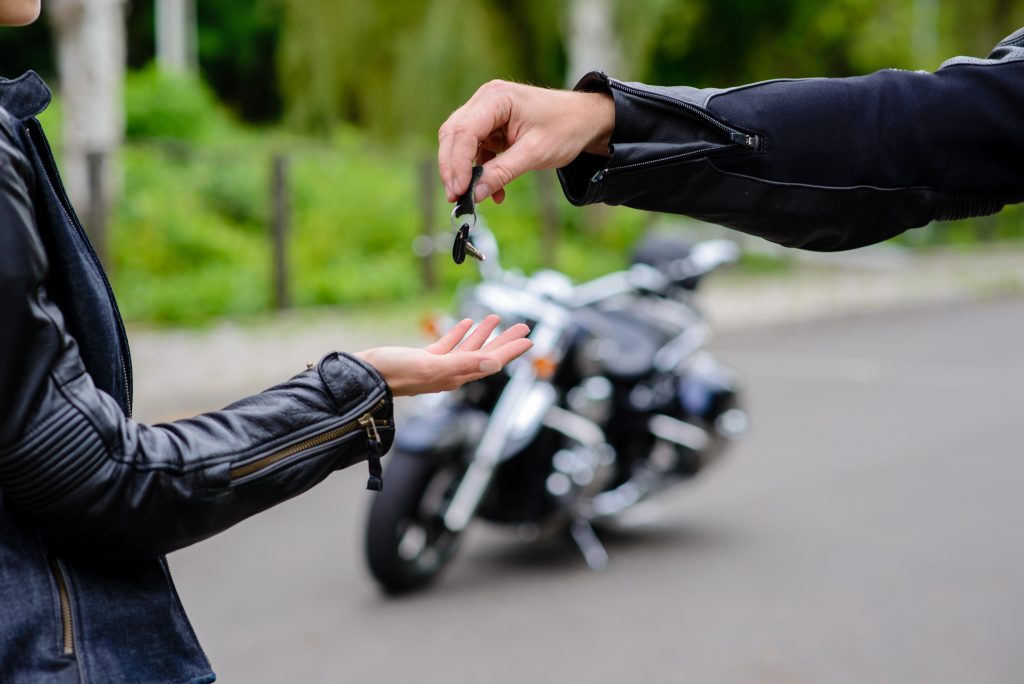
Before you start shopping, do your research
If you also drive a car, or if you have bought a new motorcycle, you know the importance of getting the right make and model. Motorcycles come in many sizes, engine capacities, and styles. In addition, certain motorcycles suit different types of riders. With that in mind, here are the things you should consider.
Type of motorcycle
First, think about where you want to drive your motorcycle. If your intent is to use it on your commute, then consider an everyday model that does well in stop and go traffic. On the other hand, a sports bike will shine on the track.
Size of motorcycle
Another thing to consider is the size. If you are short in stature, then you need to think twice about buying a huge bike. Standing at the stoplight on your tiptoes is a bigger deal than feeling like a kid: it can be unsafe. Remember, your feet are part of balancing the bike when you are not moving. Even worse, getting on and off the bike can be unsafe if the bike is too big.
Besides the physical size, there is the engine size. Beginning riders need to be careful about getting a bike with a large engine. This is because larger, more powerful engines are more difficult to control. If you are unsure about what you can handle, consider asking a biker friend if he will let you sit on his bike and see how it feels.
Price ranges for your target models
Once you have narrowed your options down based on type and size, it is time to see what price ranges apply to each possible model. From here, you can decide which models fit within your budget. You can use this information to negotiate pricing as appropriate. Finally, knowing price ranges can help you spot a bad bike: as the saying goes, if it’s too good to be true, it probably is.
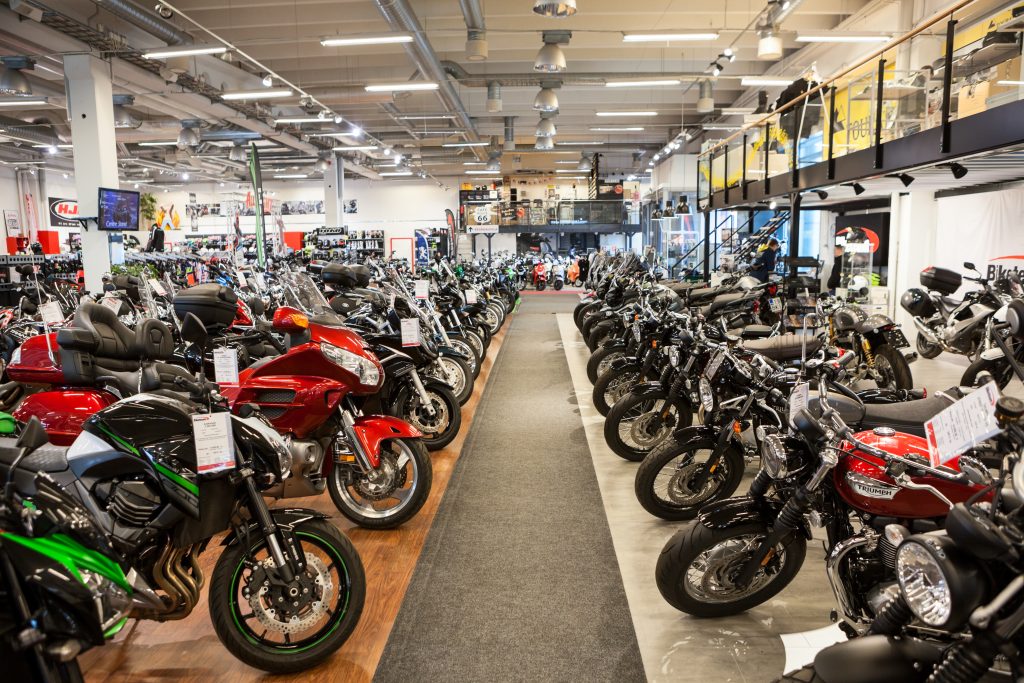
Understand the differences between private sales and the dealership
As with cars, you can buy a motorcycle either from a private individual or a dealership. Dealerships, of course, can be independent or franchised. Let us take a look at each option.
Buying from a private party
Private party sales in California lack many of the consumer protections that you get from a dealer. IN many ways this makes sense, because a private individual does not sell bikes professionally. However, it also means that you have fewer means of recourse should there be a problem. You also have to do all the paperwork yourself, rather than having the dealer do it. California has specific rules that govern the timeline for motorcycle transfers.
Another consideration with private party sales is that you need to arrange financing yourself. If a loan will be needed to pay for your motorcycle, then you will have to get approval ahead of time. Typically, this means that the bank will write a certified check to the seller. Your other option is usually to pay the seller by cash or money order.
Finally, private party sales require more leg work. Unless someone is unloading their motorcycle collection, there will usually be only one bike at each location. This means you might have to deal with several individuals before finding the perfect ride at the right price. Before even visiting, though, you will have to locate bikes for sale through advertisements in newspapers or online. Buying private party saves money, but it is also much more work than going to the dealership.
Buying from a dealership
If you buy a motorcycle from a dealership, then you are working with a licensed professional. To obtain that license, the owner of a dealership has to meet strict requirements including a background check. This helps ensure personal safety as you shop and reduces the chance you will get cheated. Many motorcycle riders report that the bikes sold are usually in pristine condition. Motorcycles are lower in value than cars, so junk bikes are less likely to get sold through a dealership.
Buying from a dealership also means that they will do most of the paperwork for you. Although you still have to get your motorcycle license and insurance yourself, the DMV paperwork is their job. Keep in mind, dealers may check to ensure you have a motorcycle license before allowing you to drive off with your new ride.
Best of all, dealers give you a better selection of motorcycles without all the funding hassles. Many of their bikes are traded in, meaning that they are in great shape. It also means that there are plenty of them available. If you want a red bike, or want a specific recent model, then you can probably find one at the dealership. Finally, dealers can arrange financing if necessary.
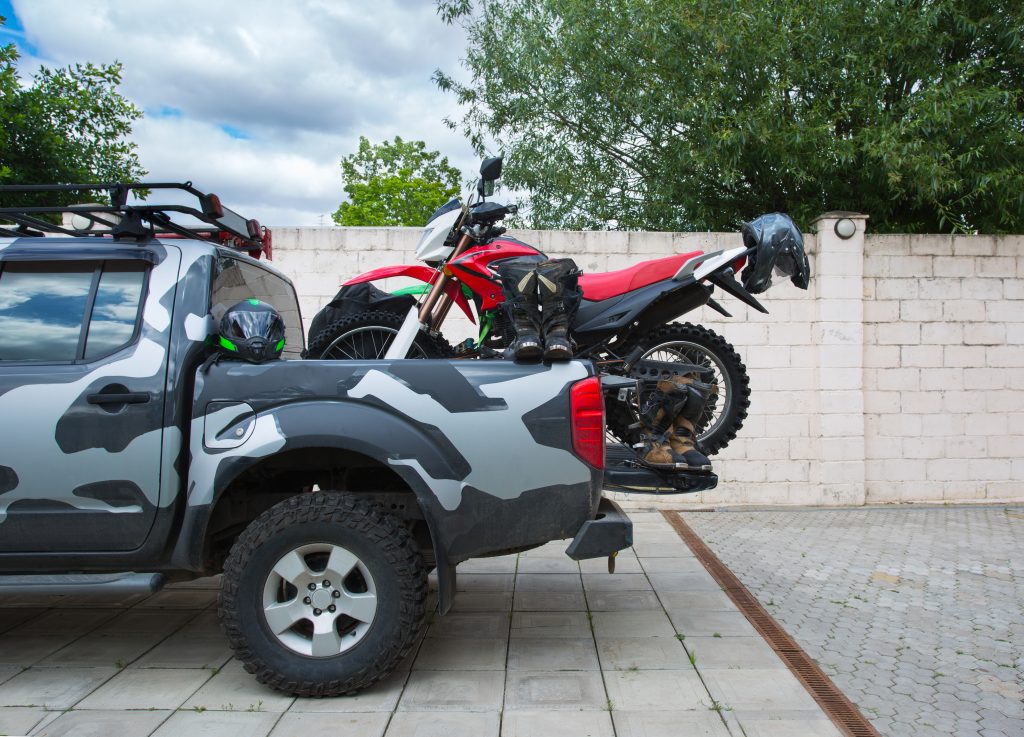
Consider taking a friend along
Whether you choose to shop at the dealership or buy from a private party, it often pays to take a friend along. Friends help with “gut checks,” negotiation backup, expert opinions, transportation, and more.
First time buying?
If this is your first used motorcycle, try and take a fellow biker or mechanic with you. This person can help you decide if the bike is a good choice for you. After all, the right bike is more than just size, engine, and type. Sometimes a bike doesn’t “fit” someone properly. Maybe it is a model that has a reputation for being difficult to ride, or the particular bike seems to have issues. Someone with more experience will be able to advise you better.
Getting an older model?
Especially with older models, bringing someone who knows a lot about motorcycle mechanics is a good idea. Engines change over time, and the sounds which indicate mechanical issues in a newer model might be fine in an older one. Even with newer bikes, there are red flags that an inexperienced owner might miss. Having a gearhead with you can help avoid nasty surprises.
Need help negotiating?
Having a second person is great for negotiating, especially with dealerships. As anyone who has bought a car knows, dealers sometimes employ high-pressure tactics to make a sale at terms favorable to them. Motorcycle dealers are no different. Shopping with someone else reduces your chances of being intimidated.
Always do due diligence
Even when bought used, motorcycles are a major purchase. Like cars, they need to be registered and insured before you can operate them legally on California streets. This means that they must meet strict requirements for registration. Here are the problems you need to rule out in order to ensure your motorcycle is both safe and legal.
- Total loss and theft history. If the car was “totaled,” then you need to ensure the motorcycle is safe to drive. This can be done with repair records and inspections. Thefts are another matter: you need to be sure that the seller owns the motorcycle. To do this, make sure the VIN matches between the title, registration, and key parts.
- Major mechanical issues. If there are fluid leaks or a lot of rust, then you should think twice about buying. In addition, look for evidence of damage. Scratches and bent parts are a red flag for accidents.
- Lemon law history. A motorcycle history report will tell you if the bike was bought back by the manufacturer. In this case, the ride was typically labeled a lemon. Unless you are a mechanic, it is best to skip these rides.
If you get hurt because of negligence, we can help.
Unfortunately, even following these tips sometimes results in your buying a bad motorcycle. For instance, some motorcycles have faulty wiring in places that you cannot see. Should these faults result in an engine fire or electric shock, you may be entitled to damages. Dealers in particular must ensure that the motorcycle is safe before selling it to a customer. Failing to inspect the motorcycle can expose dealers to liability, as can misrepresenting the condition of a bike.
If you have been injured by a faulty motorcycle, it is important to get legal advice. At TORKLAW, our attorneys are experienced in a wide variety of product liability and traffic-related legal actions. Give us a call at 888-845-9696 to discuss your situation.
